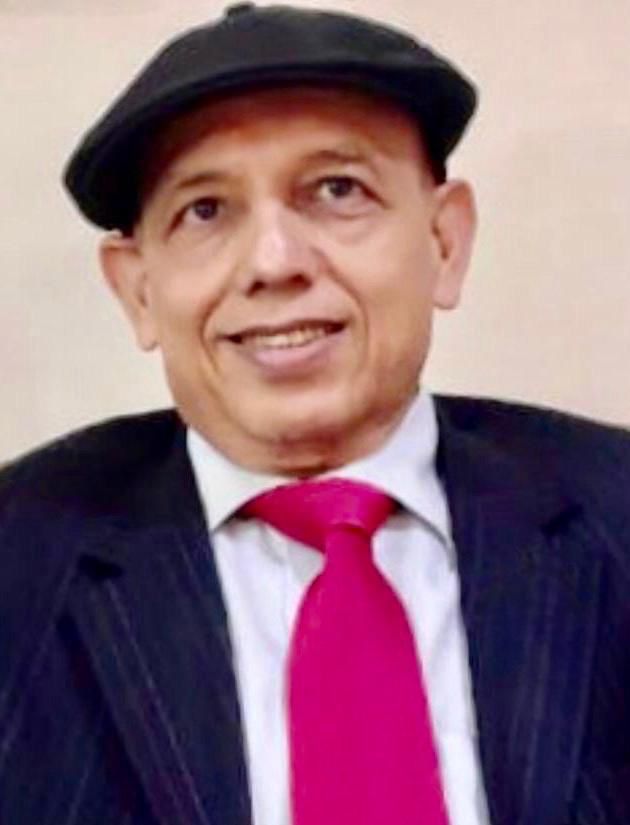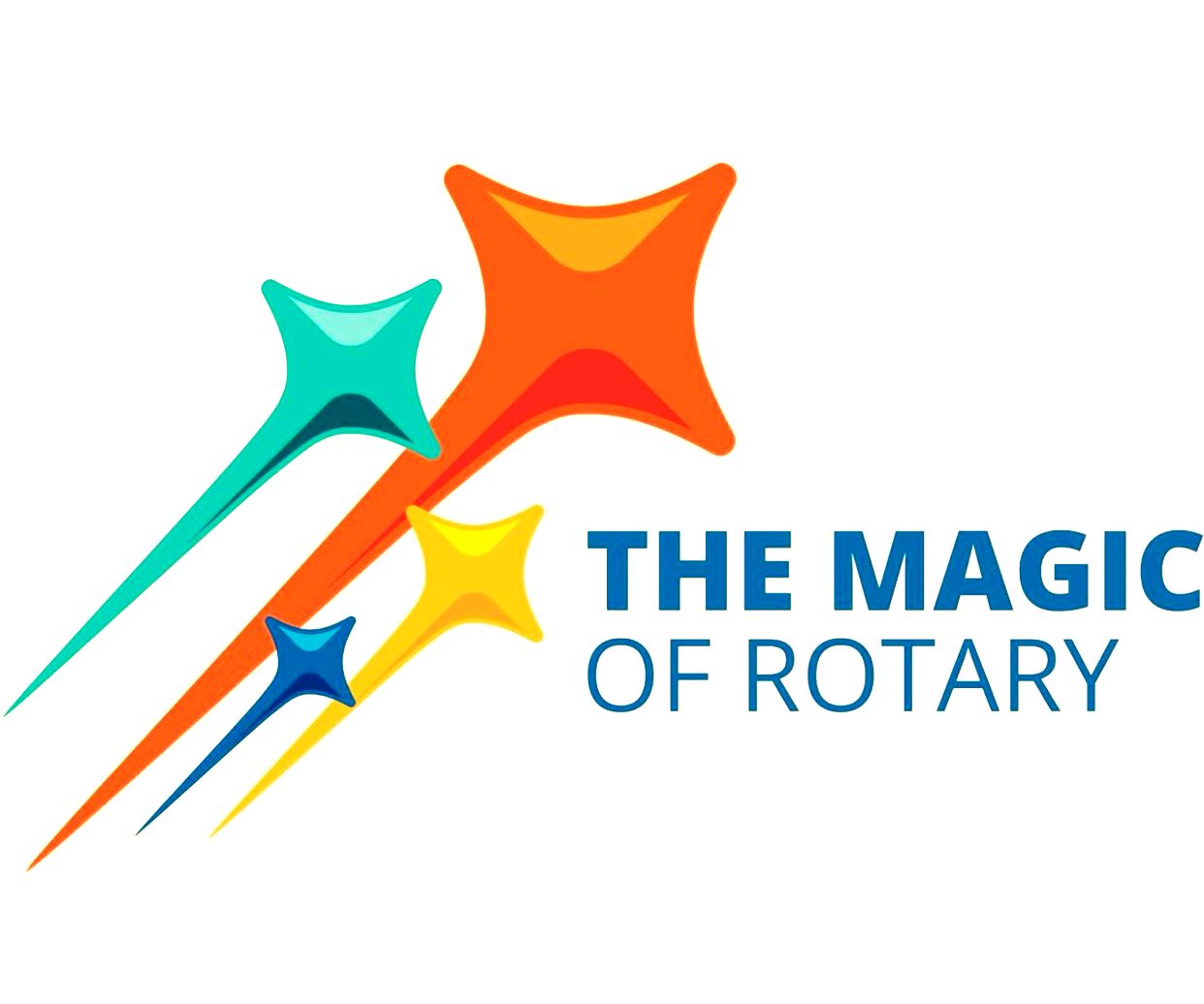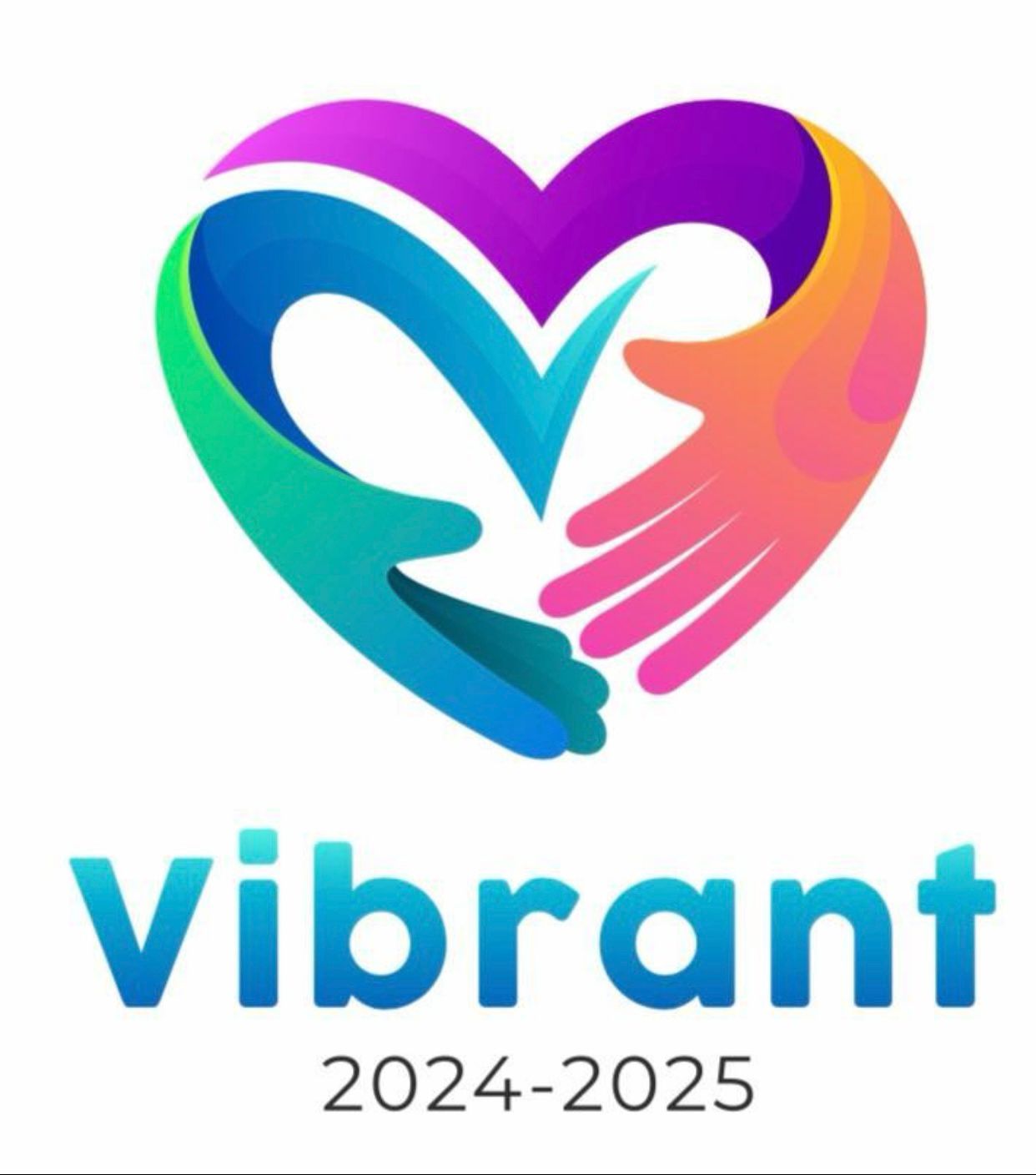by Suman Gupta
Media is one of the most powerful tools for shaping public opinion and driving social change. In the context of Organ Donation in India, its potential as a game-changer cannot be overstated—it could save countless lives by bridging the gap between demand and availability.

The Current Scenario
India faces a critical shortage of Organs and the infrastructure necessary for transplants. Despite the rising demand, the country struggles with inadequate Organ Retrieval/Transplant Centres. For instance, Uttar Pradesh, with 80 Revenue Districts, has only a handful of cities(5-6) equipped with such centres, primarily focused on kidney transplants. Ironically, Uttar Pradesh also leads the nation in road accident fatalities—an untapped source of Organs from brain-dead donors.This stark disparity underscores the urgent need for intervention, and Media is uniquely positioned to catalyse this change.

How Media Can Transform Organ Donation
Media can tackle the challenges of Organ Donation by performing the following roles:
1. Raising Awareness
* Highlighting the acute shortage of Organ Retrieval and Transplant Centres across the country.
* Advocating for the establishment of these centres in every Revenue District to ensure equitable access.
2. Educating the Public
* Spreading information about government subsidies and schemes, such as:
* *PM-JAY (Ayushman Bharat):* Providing financial coverage for transplants under the Ministry of Health and Family Welfare.
* *Rashtriya Arogya Nidhi (RAN):* Offering financial assistance of up to *₹15 lakh* for life-saving transplants to patients below the poverty line.
3. Encouraging Organ Donation
* Sharing compelling stories of successful transplants and the transformative impact they have on recipients’ lives.
* Highlighting the importance of Donating Organs from brain-dead loved ones to save others.
4. Streamlining Processes
* Investigative journalism can expose bureaucratic inefficiencies, such as delays in brain death declarations, leading to a wastage of viable Organs.
* Campaigns can push for faster approvals and transparent systems to ensure seamless Organ Retrieval and Transplantation.
The Benefits of Media Campaigns
1. *Dispelling Myths and Misconceptions*
* Public education campaigns can counter cultural and religious misconceptions about Organ Donation, creating a more informed and receptive audience.
2. *Pressure for Policy Reform*
* By spotlighting systemic gaps in healthcare, the Media can advocate for better policies and increased funding to improve infrastructure.
3. *Inspiring Emotional Connections*
* Real-life Donor and Recipient stories can create an emotional impact, inspiring individuals to pledge their Organs and families to make life-saving decisions.
4. *Promoting Social Equity*
* Media can amplify voices from underprivileged communities, ensuring they are not left behind in accessing Organ Transplantation Services.

Conclusion
Media is a critical driver of change in the Organ Donation Landscape. By raising awareness, educating the public, and inspiring collective action, it has the power to revolutionise the system. Moreover, with strategic use of its reach and influence, Media can advocate for policy reforms and ensure that lifesaving Organ Transplants become accessible to all.
The time to act is now. Let Media become the megaphone for hope, transforming the narrative around Organ Donation and saving countless lives in the process.
